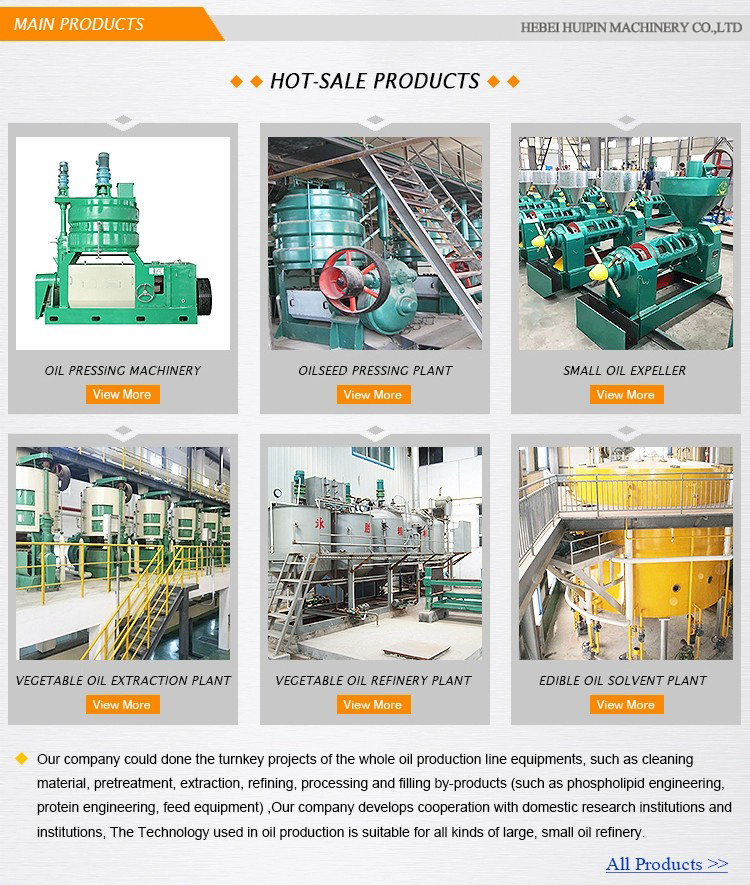Sep . 11, 2024 08:24 Back to list
High-Quality Grain Oil Refined Machines for Efficient Oil Processing
The Role of Grain Oil Refining Machines in Modern Agriculture
In the contemporary agricultural landscape, the demand for edible oils continues to rise due to increasing population and changing dietary preferences. Among these, grain oils—derived from seeds such as corn, soybean, and sunflower—hold a significant position. The refined grain oil not only adds nutritional value to meals but also plays a pivotal role in various food processing industries. To meet this demand efficiently, grain oil refining machines have become indispensable tools for producers.
The process of refining grain oil is crucial to eliminate impurities, enhance the oil's quality, and extend its shelf life. This process typically involves several steps, including degumming, neutralization, bleaching, and deodorization. Each of these steps requires specialized machinery designed to perform specific tasks.
The Role of Grain Oil Refining Machines in Modern Agriculture
Following degumming, the neutralization process is carried out to remove free fatty acids that can impact the taste and stability of the oil. Neutralization machines utilize caustic soda or other neutralizing agents to raise the pH of the oil, resulting in the formation of soap that can be easily removed. It is crucial for grain oil producers to invest in high-quality neutralization equipment to ensure optimal outcomes, as the acidity level significantly affects the oil's flavor profile and health benefits.
grain oil refined machine

Next comes bleaching, which involves the removal of color pigments and remaining impurities. This step enhances the visual appeal of the oil, making it more marketable. Bleaching machines typically use bleaching earth or activated carbon, employing a combination of heat and vacuum systems to achieve thorough purification. An effective bleaching process not only improves oil clarity but also ensures that undesirable odor compounds are eliminated.
Finally, the deodorization stage is where the sensory qualities of the oil are polished. This process involves heating the oil under a vacuum, allowing volatile compounds responsible for unpleasant odors to be stripped away. Sophisticated deodorization equipment ensures that the grain oil not only meets industry standards but also appeals to consumers' taste preferences.
In addition to the refining processes, advancements in technology have led to the development of integrated refining machines that combine all these steps into a single system. Such machines not only save space and reduce operational costs but also streamline the production process. Automation and real-time monitoring feature prominently in modern grain oil refining equipment, ensuring consistent quality and efficient management of resources.
Furthermore, the increasing focus on sustainability has pushed manufacturers to consider eco-friendly refining solutions. Machines that utilize less energy, generate minimal waste, and ensure the safe disposal of by-products are becoming more prevalent in the industry. This is essential not only for compliance with environmental regulations but also for meeting the growing consumer demand for sustainably produced products.
In conclusion, grain oil refining machines play a vital role in ensuring the quality, safety, and marketability of grain oils. As technology continues to evolve, these machines are expected to become even more efficient, contributing significantly to the global food supply chain while promoting sustainable practices.
-
HP 120 Cold Oil Press-Hebei Huipin Machinery|Oil Extraction, Cold Press
NewsAug.07,2025
-
HP 120 Model Cold Oil Press-Hebei Huipin Machinery|Cold Oil Extraction, High Efficiency
NewsAug.07,2025
-
HP 120 Model Cold Oil Press - High-Efficiency Oil Extraction&Automated Processing
NewsAug.07,2025
-
Safflower Oil Press Service | Expert & Efficient Solutions
NewsAug.07,2025
-
HP 120 Model Cold Oil Press - Hebei Huipin Machinery | Advanced Oil Extraction Technology
NewsAug.06,2025
-
HP 120 Cold Oil Press-Hebei Huipin Machinery|Cold Pressing, Oil Extraction
NewsAug.06,2025
